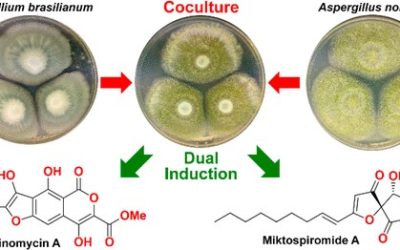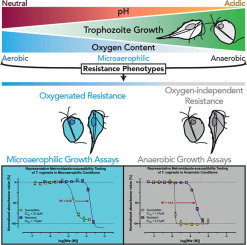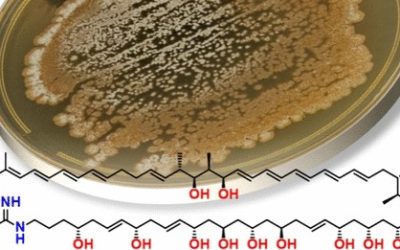A K Najumudeen, A Jaiswal, B Lectez, C Oetken-Lindholm, C Guzmán, E Siljamäki, I M D Posada, E Lacey, T Aittokallio & D Abankwa
Oncogene 2016, 40, 5248-5262.
Publication Date: March 14, 2016
https://doi.org/10.1038/onc.2016.59
Abstract:
Cancer stem cells (CSCs) are considered to be responsible for treatment relapse and have therefore become a major target in cancer research. Salinomycin is the most established CSC inhibitor. However, its primary mechanistic target is still unclear, impeding the discovery of compounds with similar anti-CSC activity. Here, we show that salinomycin very specifically interferes with the activity of K-ras4B, but not H-ras, by disrupting its nanoscale membrane organization. We found that caveolae negatively regulate the sensitivity to this drug. On the basis of this novel mechanistic insight, we defined a K-ras-associated and stem cell-derived gene expression signature that predicts the drug response of cancer cells to salinomycin. Consistent with therapy resistance of CSC, 8% of tumor samples in the TCGA-database displayed our signature and were associated with a significantly higher mortality. Using our K-ras-specific screening platform, we identified several new candidate CSC drugs. Two of these, ophiobolin A and conglobatin A, possessed a similar or higher potency than salinomycin. Finally, we established that the most potent compound, ophiobolin A, exerts its K-ras4B-specific activity through inactivation of calmodulin. Our data suggest that specific interference with the K-ras4B/calmodulin interaction selectively inhibits CSC.


